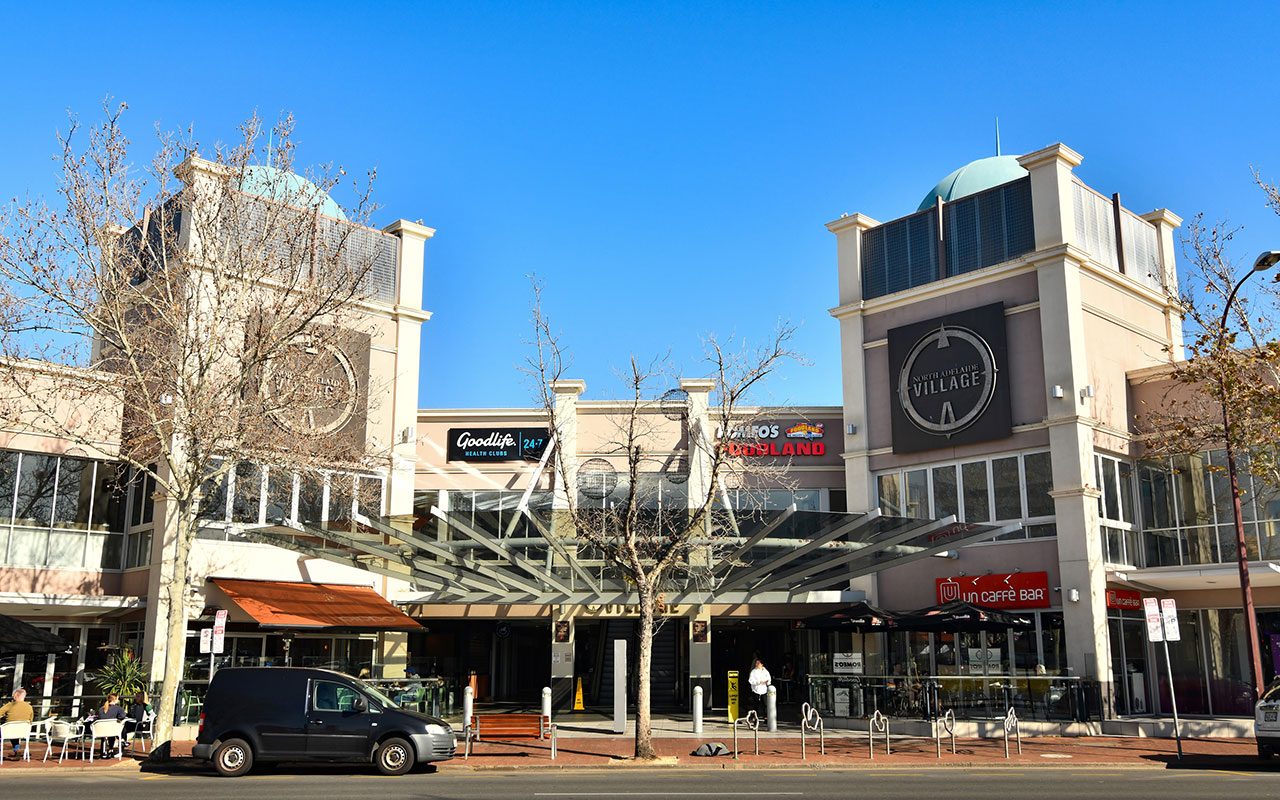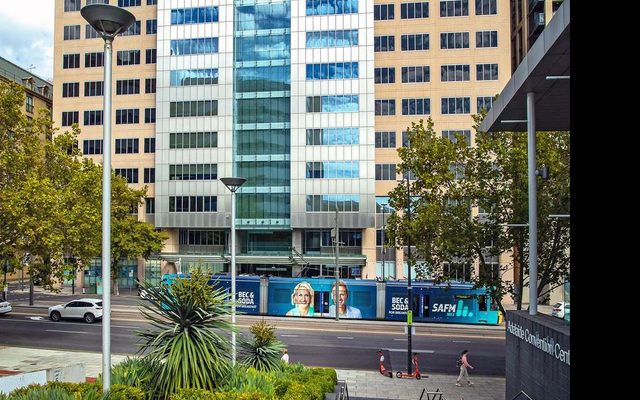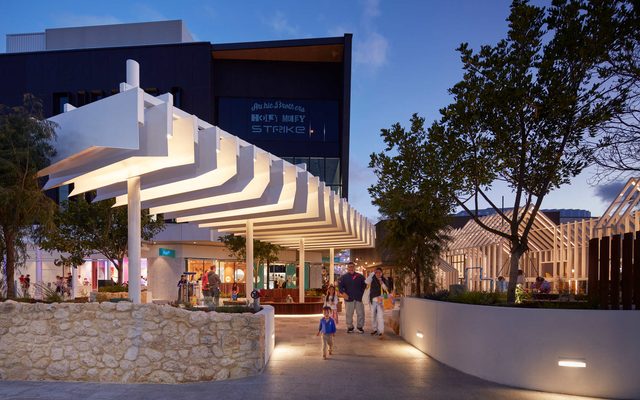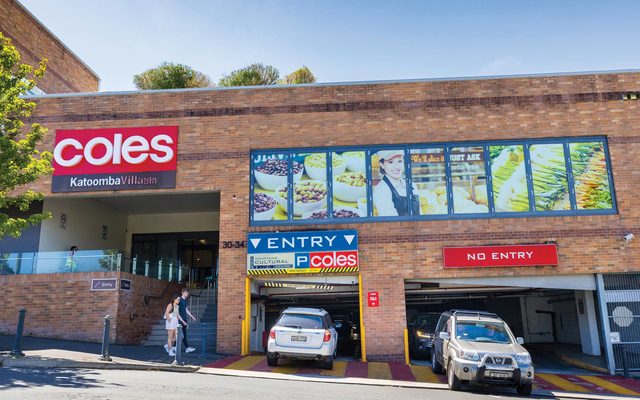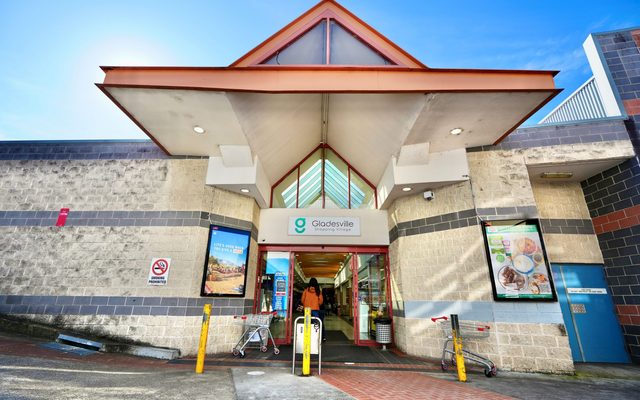This article is from the Australian Property Journal archive
THE tough retail environment has forced billionaire Con Makris to settle for a $110 million sale price of dual Adelaide shopping centres – little more than half of initial hopes of $200 million.
Sydney property group Revelop acquired the landmark City Cross shopping centre in Adelaide’s Rundle Mall for $60 million, while investment firm Greenpool Capital, with backing from Qualitas, took North Adelaide Village and an adjoining site for $50 million.
The pair was listed for sale by Makris in August, shortly after he sold Newton Village in the city’s north eastern suburbs for $35 million also to Revelop, which has Renmark Square and Gawler Park Homemaker Centre in its South Australian retail portfolio.
CBRE’s Simon Rooney and James Douglas negotiated both sales on behalf of Makris.
The City Cross transaction was struck on a passing yield of around 6.25%. The shopping centre offers frontages to Rundle Mall – the retail heart of the Adelaide CBD – and Grenfell St, the city’s core commercial address.
The 10,512 sqm centre is anchored by Harvey Norman, Rebel Sport and Australia Post, alongside 56 specialty tenancies and a food offering. It also presents a development opportunity, spanning seven separate CBD allotments of a combined 6,779 sqm.
Rooney said the site’s future flexibility was a major drawcard for Revelop, as was the centre’s strategic Rundle Mall location, which attracts 24 million pedestrian visitors annually.
“Retail centres are increasingly shifting toward mixed-use developments to drive foot traffic and increase trade,” Rooney said.
“The City Cross site affords the flexibility to undertake separate mixed-use developments on individual sites or a combination of sites, with the potential for retail, commercial, residential and student accommodation uses, subject to the relevant planning approvals.”
Retail property values have been under the pump for some time, and the pressure has been exacerbated by the pandemic, which left stores closed and shopping centres empty. City assets have been among the hardest hit. Another $570 million has just been wiped from the value of Vicinity Centres’ portfolio, as low office occupancy and tourism levels, and a shift to online shopping continued to hurt its CBD properties in particular.
JP Morgan Asset Management recently sold St Collins Lane in Melbourne for about half of the $247 million it paid four years earlier. However, South African group Woolworths Holdings managed to sell its Sydney CBD David Jones flagship store for $510 million to Charter Hall at the end of last year, on a yield of 5.0%.
North Adelaide Village is anchored by a Romeo’s Foodland on a long-term lease until 2033 with a further 25-year option, alongside a Goodlife Gym, 34 specialty tenancies and four office tenancies. It sold alongside 85-87 O’Connell St.
The corner site also offers future mixed-use development potential of up to six-storeys, and is close to the Adelaide Oval and revitalised Riverbank Precinct.
Perched in one of the city’s more affluent locations, retail spending in North Adelaide Village’s main trade area is expected to grow 4.2% each year over the next 15 years.
Rooney noted that since the global pandemic, there has been a marked increase in the depth of capital searching for non-discretionary retail, given the highly resilient nature and strong performance of this specific retail sector.
While total transaction volumes have fallen considerably from 2019 levels, the share of neighbourhood centre transactions has increased from 17% of all retail deals in 2019 to 62% in the year to date, according to CBRE.
Rooney said neighbourhood convenience and non-discretionary anchored retail assets such as North Adelaide Village provide income certainty and security for incoming buyers. Non-discretionary retail representing 86% of the centre’s moving annual turnover and 79% of the total gross income.
